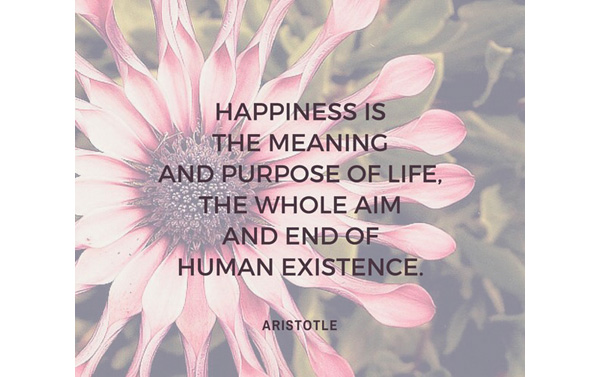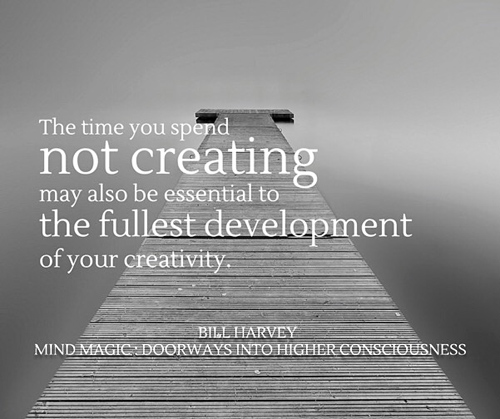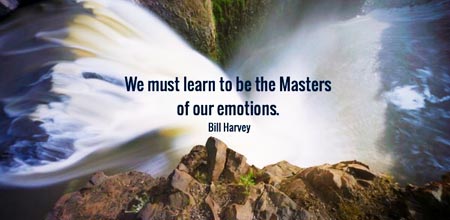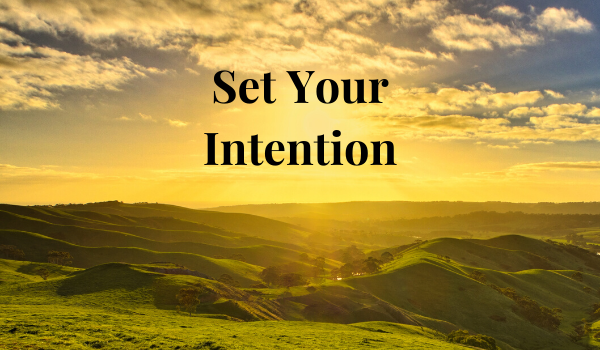Originally posted June 23, 2015

Staying happy in every moment is the hardest game worth playing. Maybe a million years from now, or even in a couple of hundred thousand years, it will not be so.
But we can’t wait.
We need to develop methods and tools to advance ourselves mentally and emotionally that far into the future, now. The actual survival of the human race may well be at stake, but more importantly, our own individual happiness — yours and mine, and that of the people we love and those around us — is at stake for sure.
Happiness cannot remain up the trail somewhere, an elusive thing we are working toward. That’s an outdated idea. It’s time for the new idea. Happiness now, in every moment. Now. And now. And now. Happiness all the time, internally controlled, internally generated, by an act of will. Infernally difficult but we cannot abandon this game, believing it’s just too difficult and out of our reach. Now is the time to face it — fight it — and win. And keep winning, because the game is not won once but continuously. That’s what makes it so hard.
As you go through your day, keep coming back to your birthright to be happy, right now, and use your focus, your will, and your creativity to bring about your happiness each moment. Let inner impulses float downstream if they are not conducive to your happiness in this moment. Allow such unhelpful thoughts and feelings to occur, and then watch them float away without holding onto them.
An impulse to be unhappy is one such feeling. The typical reaction is to get stuck in it. Instead, practice allowing that unhappy impulse to float away. Perhaps as it goes you might realize where it came from, or not. But you can choose not to listen to it, obey it, or be taken over by it. It was just a thought, you can let it go.
Take notes on stuff you let float away if you feel it is worth coming back to later, but let it go in the moment. This is remarkably conducive to Flow state. There is a perceptible drag on Flow state caused by looking backward at the supposed imperfections of what you did a moment ago. In martial arts, one is trained to not gloat or sulk over one’s own last (good or bad) move. It’s a good practice for all of us. Let go of everything downstream of this moment, now.
In some version of this universe, it’s natural to be happy doing whatever we are doing at the moment, or not doing anything but just being. By an act of will and focus we can indeed learn practices that allow us some degree of control over our mental and emotional state.*
Keep working at this most difficult and most vital game, become conscious of it, keep coming back to these practices.
Beyond our own individual lives, I feel we all have a duty to posterity to spread awareness of how consciousness works, and how to make it work better. We need to start using and teaching methods such as “float downstream” in the upbringing of our children, in school curricula at all levels, and in our workplaces. That’s our mission and this blog is one of our means to that end.
My best to all,
Bill
*Chemical imbalances at the root of e.g. clinical depression need to be treated properly, and we are not suggesting we can “think away” such imbalances.
Follow my regular media blog contribution, In Terms of ROI at MediaVillage.com. Here is the link to my latest post.



